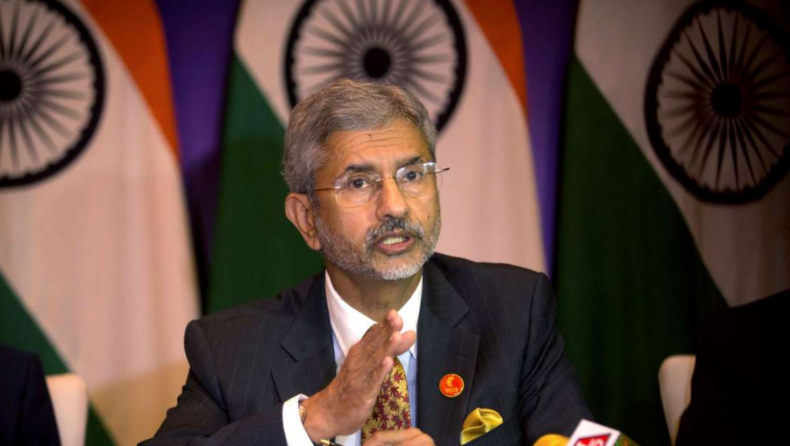The Lok Sabha passes a bill prohibiting the financing of any activity involving weapons of mass destruction and their delivery systems.
Yesterday, the Lok Sabha gave a nod to the law pertaining to the prohibition of any activity related to weapons of mass destruction. The bill was passed in the Lok Sabha following the debate of the Minister of External Affairs, Subrahmanyam Jaishankar. The MEA replied to the house on the issue of the Russia-Ukraine War and the debate on the bill regarding WMD.
Minister Jaishankar said that the bill was presented in the house as something was missing in the current law. Further, there is a need to amend the law regarding the financing of the proliferation of WMD. The house also needs to observe the delivery system of the WMDs to fulfil India’s international obligations. The bill seeks to amend the Weapons of Mass Destruction and their deliveries under the Prohibition of Unlawful Activities Act, 2005.
The official statement said, “The Weapons of Mass Destruction and their Delivery Systems (Prohibition of Unlawful Activities) Amendment Bill, 2022. The bill seeks to prohibit financing of any activity in relation to weapons of mass destruction and their delivery systems. Further, the government can freeze, seize, or attach funds or other financial assets or economic resources to prevent such financing.”
What are Weapons of Mass Destruction?
The phrase ‘Weapons of Mass Destruction’ gained popularity in the early 2000s, after the invasion of Iraq by then-US President George Bush and UK Prime Minister Tony Blair. Both countries justified their invasions by alleging that Saddam Hussain (Iraq’s dictator) had WMDs in the country. However, none of the nations discovered WMDs in Iraq.
A WMD is a nuclear, radiological, chemical, or biological weapon capable of killing or injuring a large number of people simultaneously. It has the potential to do significant harm to man-made structures, natural structures, and the environment. The breadth of this term’s use has expanded throughout decades. At the moment, it is more of a political than a technical phrase. It was first utilised during World War II, when bombings carried toxic weapons that wounded the opposing troops.
The reason behind introducing the bill in Parliament
The International Community is worried about other nations possessing deadly weapons in light of the current Russia-Ukraine military issue. To restrict the use of these weapons, the UNSC has asked national governments to enact specific legislation.
Mr. Jaishankar remarked, “Recently, international organisations have increased their restrictions governing the spread of weapons of mass destruction and their delivery methods.”
Secondly, the MEA highlighted that the UN Security Council’s targeted financial sanctions require all nations to take specific efforts against the funding of the spread of Weapons of mass Destruction. Furthermore, on the suggestion of the Financial Action Task Force, the WMD delivery systems must be checked.
“In light of the above, it is necessary to change the aforesaid Act to prohibit funding of the proliferation of weapons of mass destruction and their delivery systems in order to comply with our international duties,” he said.
Thus, the Lok Sabha passed a bill stating that “no person shall finance any activity in relation to weapons of mass destruction and their delivery systems that is prohibited by this Act, the United Nations (Security Council) Act, 1947, or any other relevant Act in force at the time, or by an order issued under any such Act.”
Additionally, “the Government has the authority to freeze, seize, or attach funds or other financial assets or economic resources owned or controlled, wholly or jointly, directly or indirectly, by such person; or held by or on behalf of, or under the direction of, such person; or derived or generated from funds or other financial assets or economic resources owned or controlled, directly or indirectly, by such person.”
Published by: Shivani Bhalke
Edited by: Subbuthai Padma













